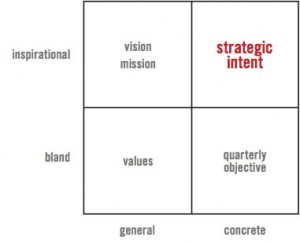Proposing recommendations for improving a Business Plan is part of our COMM 101 group assignments. We chose to work on an Organic Foods Store in Ohio (USA). In fact, we find this market attractive and particularly trendy. It is also growing in a way that may offer opportunities  for entrepreneurs. Personally, I like the numerous values encompassed in the “organic” feature: it carries symbolic significance and ideas such as health, eco-friendliness, quality of life, wellness, etc. It goes beyond mere nutrition and it emotionally involves the consumers. Since our Business Plan lacked content for its Marketing Strategy, I decided to develop it and found out some analytic tools backing up my observations. Interestingly enough, it appears that the forecasts of these studies published in 2004 pointed towards the good direction: eating “organic” is more and more part of a real way of life.
for entrepreneurs. Personally, I like the numerous values encompassed in the “organic” feature: it carries symbolic significance and ideas such as health, eco-friendliness, quality of life, wellness, etc. It goes beyond mere nutrition and it emotionally involves the consumers. Since our Business Plan lacked content for its Marketing Strategy, I decided to develop it and found out some analytic tools backing up my observations. Interestingly enough, it appears that the forecasts of these studies published in 2004 pointed towards the good direction: eating “organic” is more and more part of a real way of life.
Currently, the classical mainstream positioning of organic foods is still based on Continue reading

